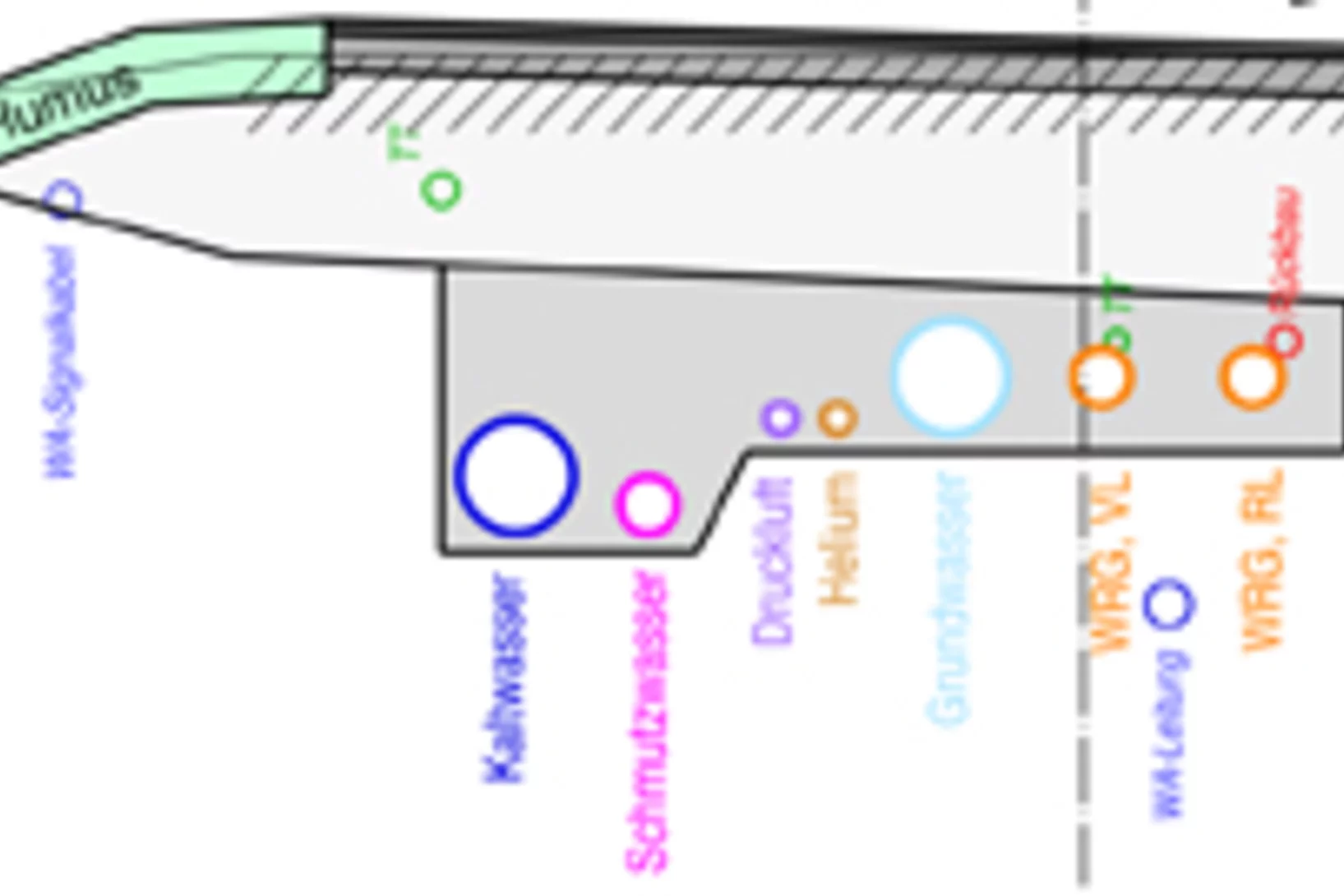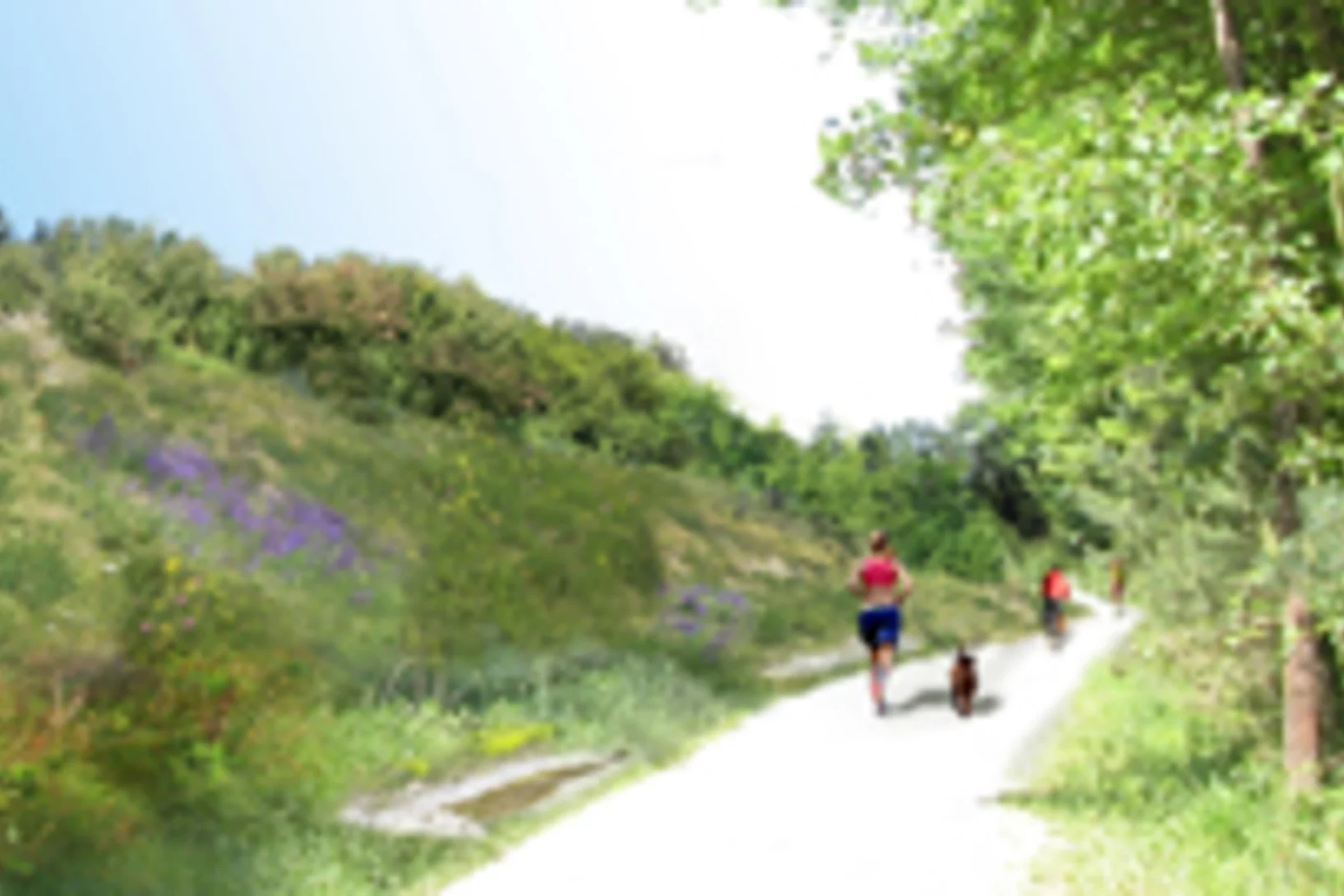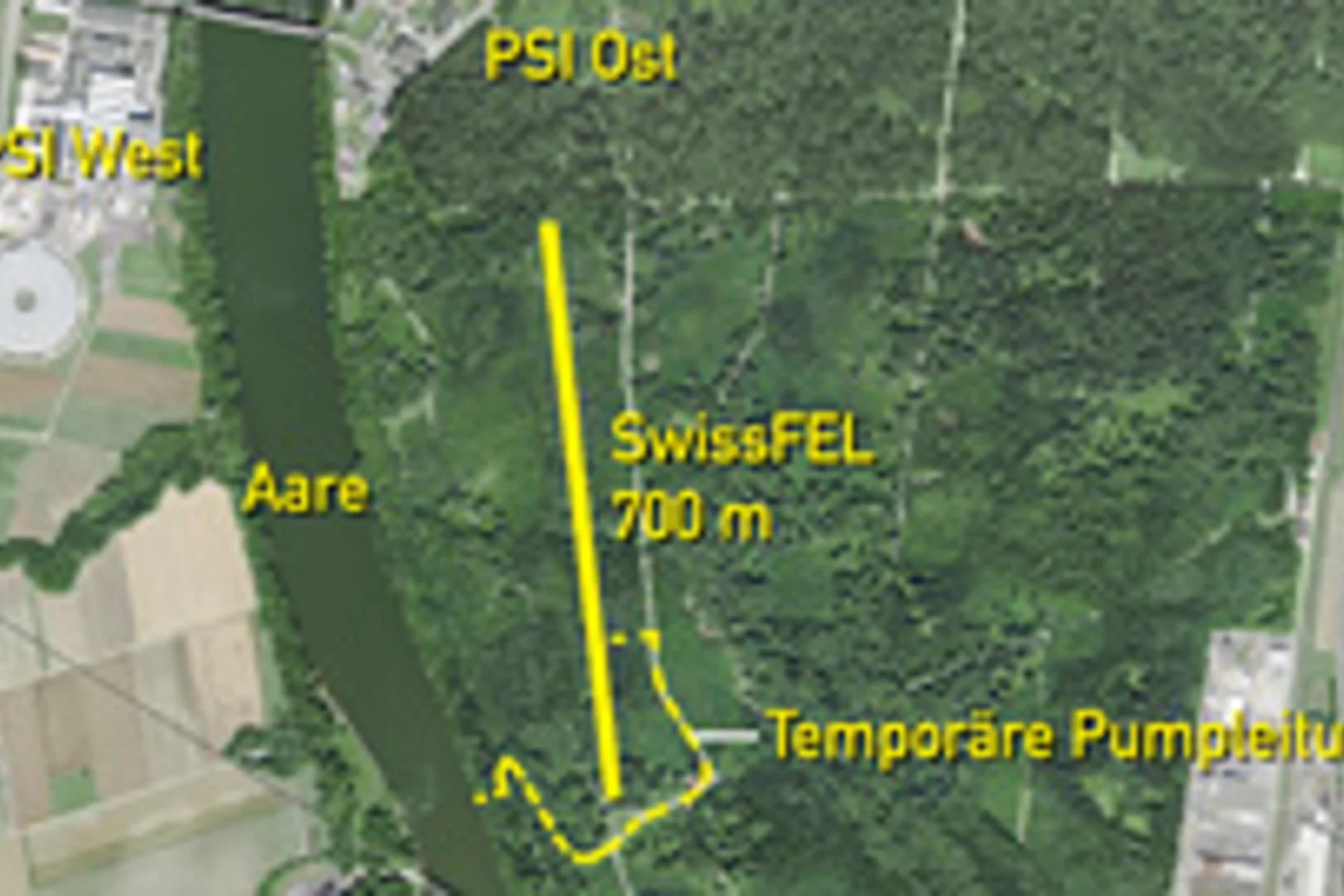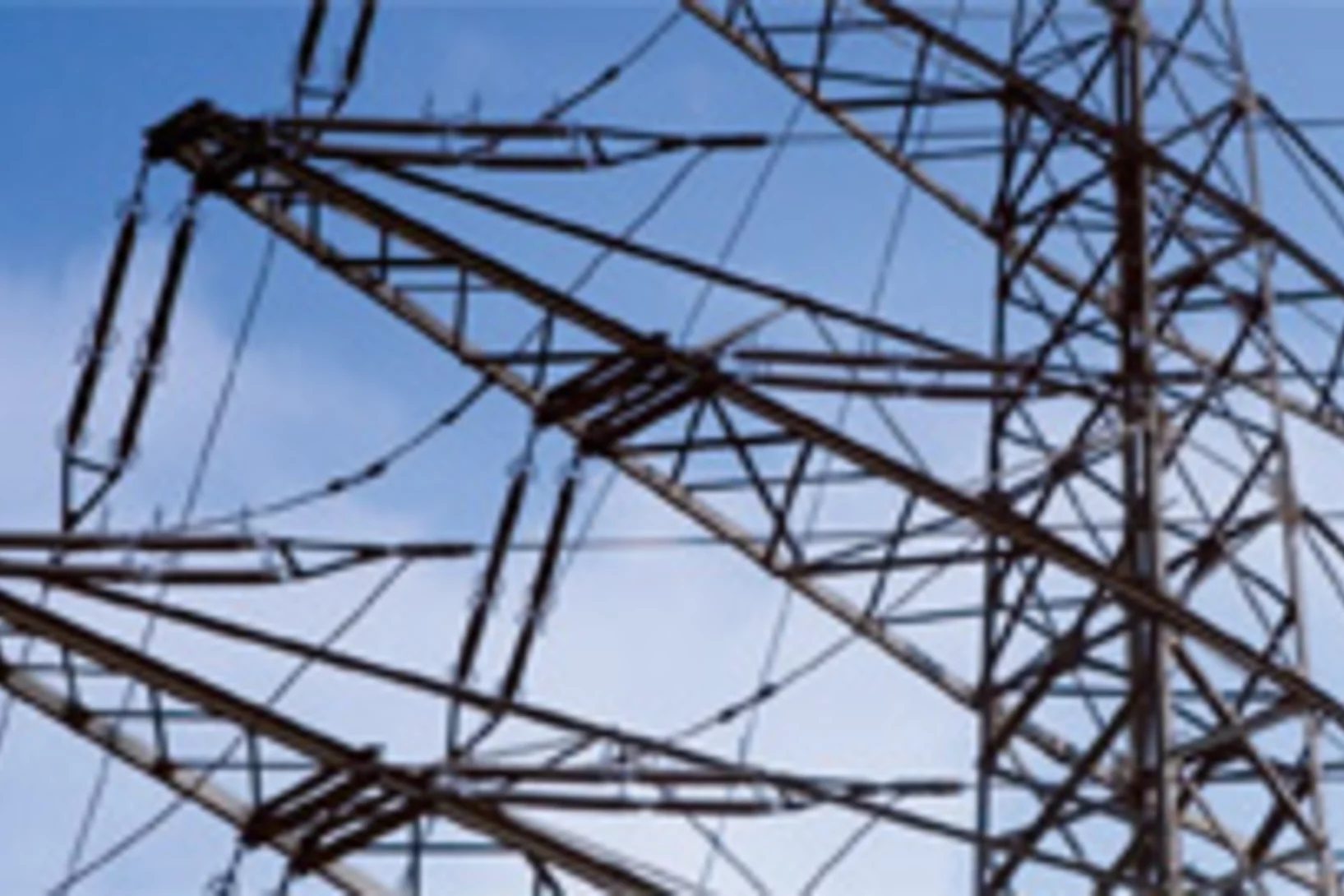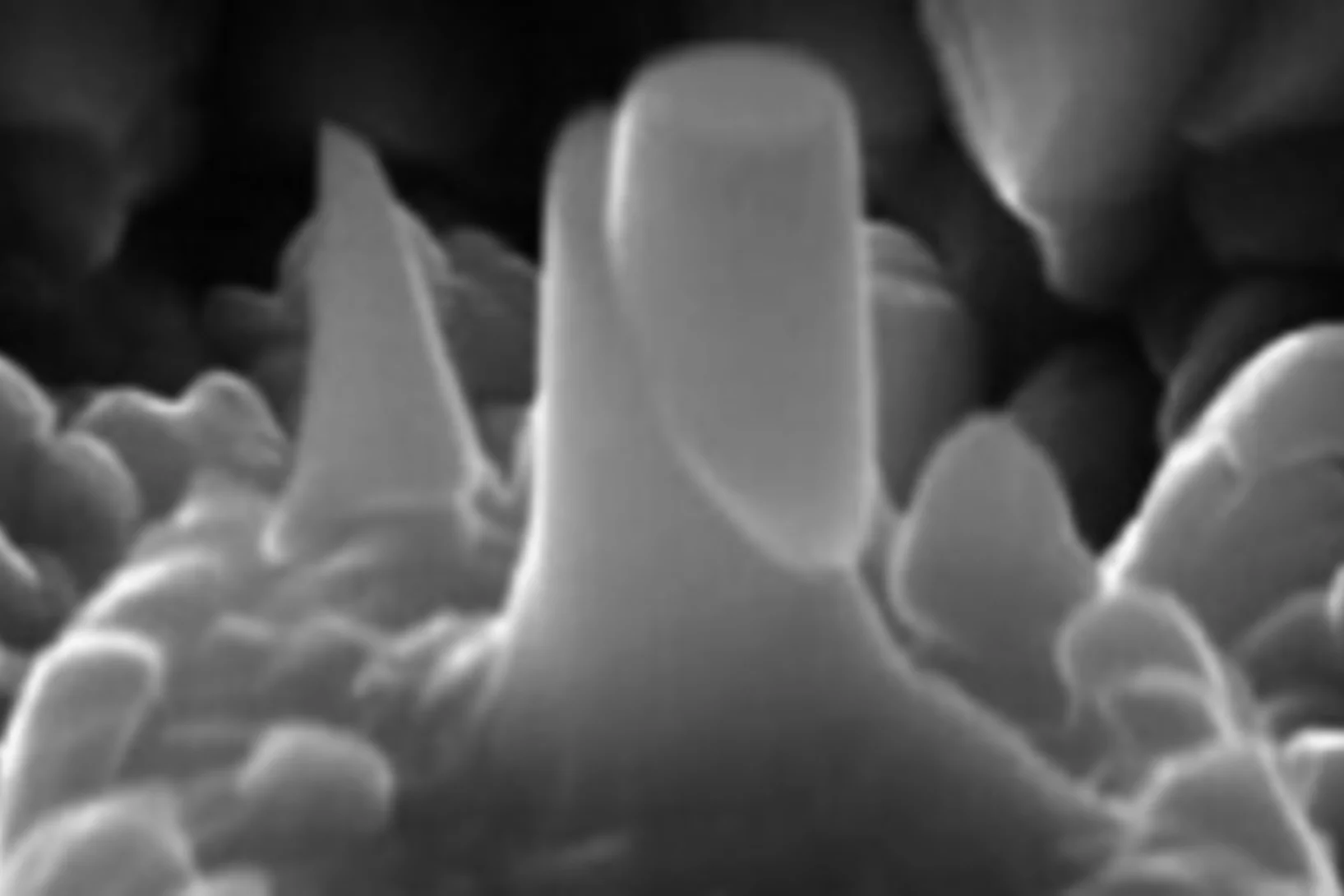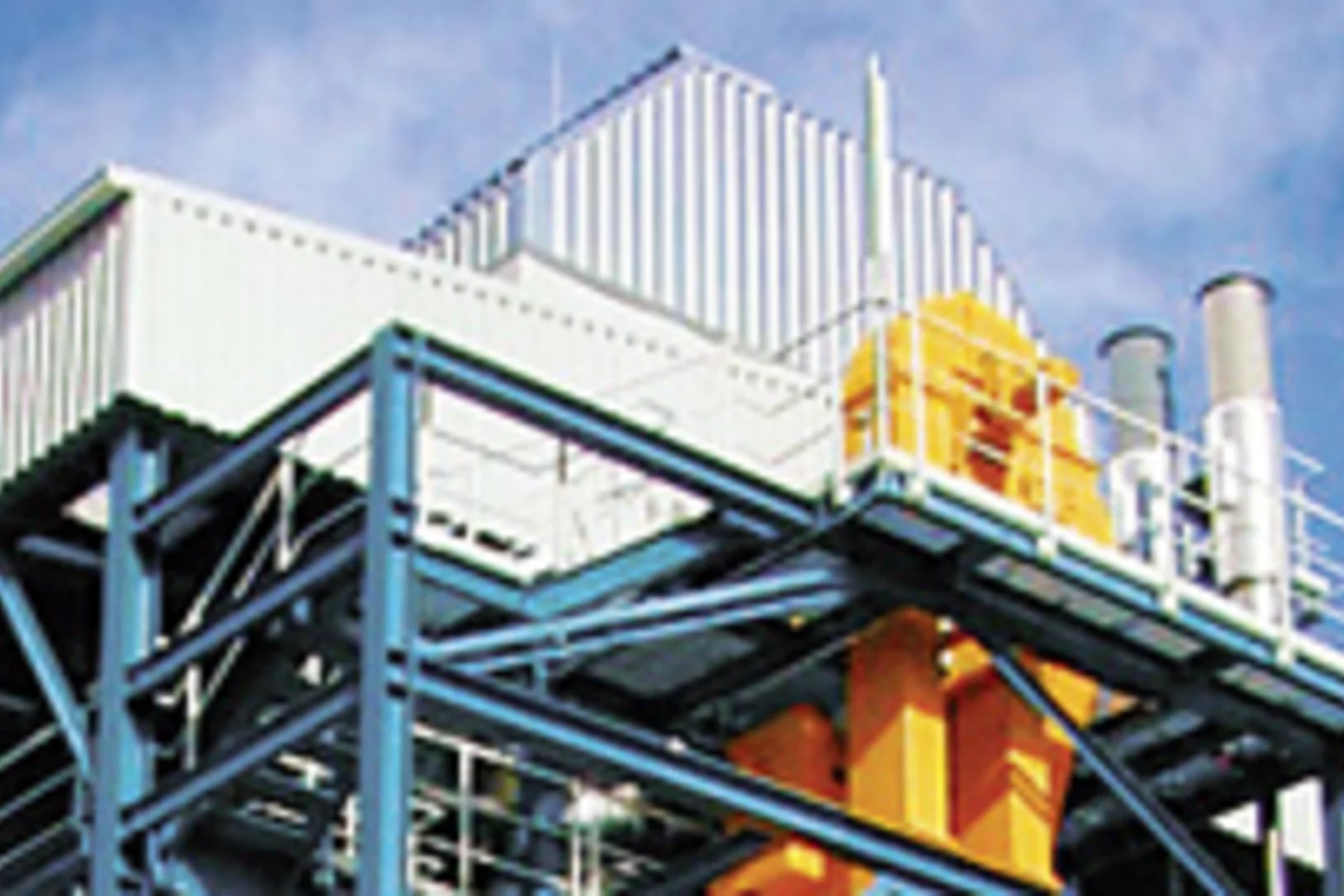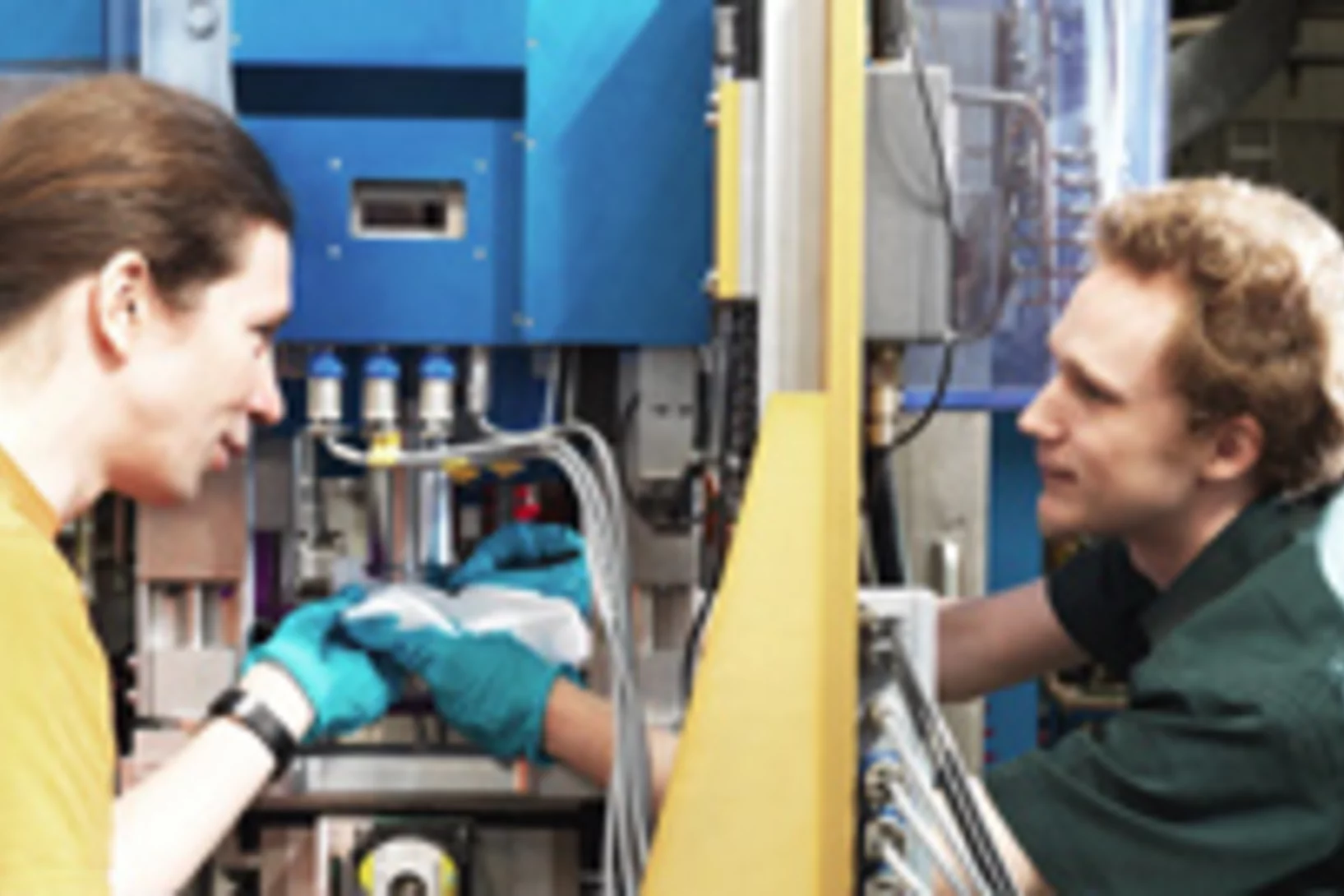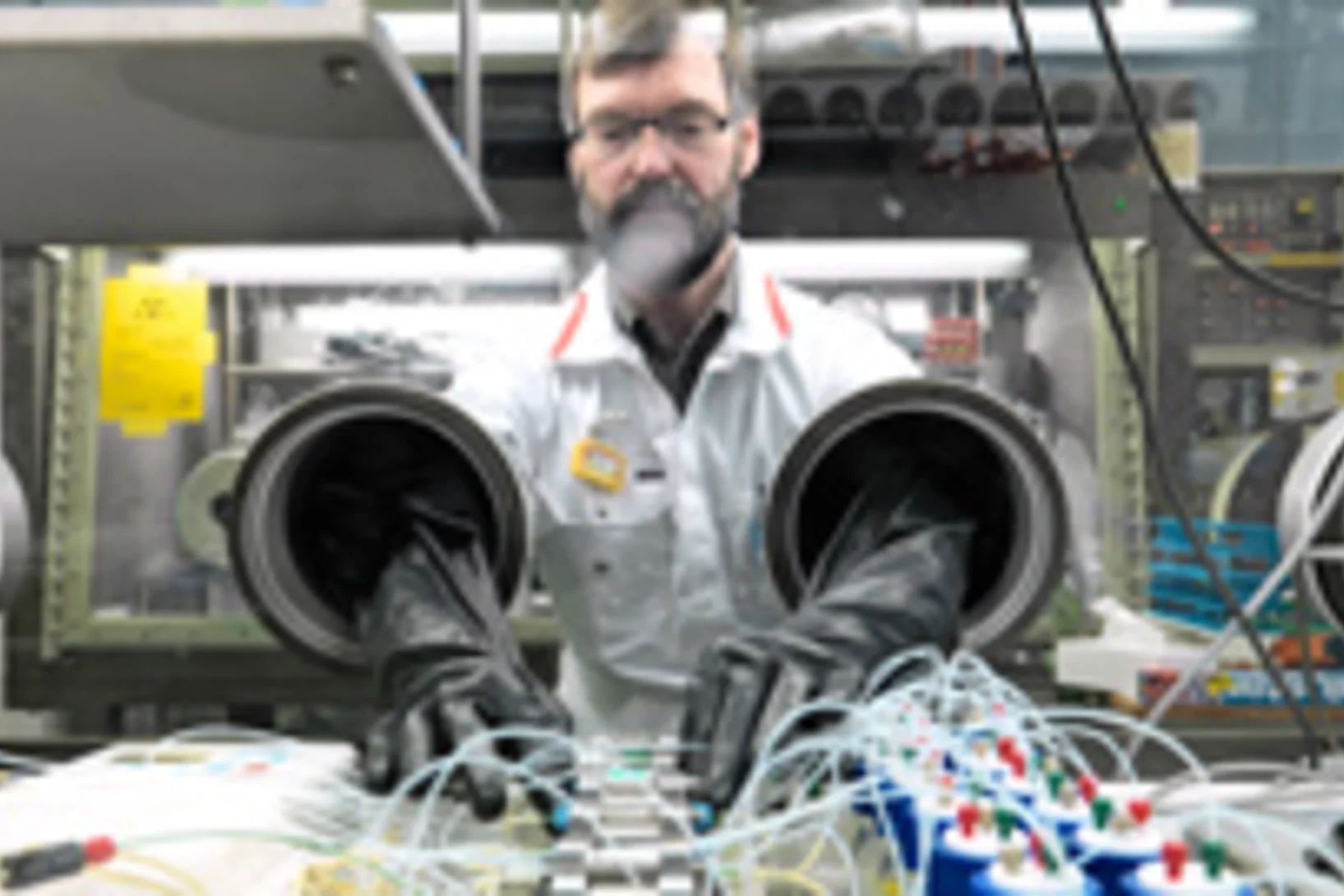PSI Stories
Baugesuch zu Erschliessungsarbeiten für den SwissFEL eingereicht
Das Paul Scherrer Institut hat am 5. Juni 2012 bei der Gemeinde Würenlingen sein Baugesuch für die Erschliessungsarbeiten zur neuen Grossforschungsanlage SwissFEL eingereicht. Die Ausführung der Erschliessungsarbeiten ist für den Zeitraum August 2012 bis Januar 2013 geplant.This news release is only available in German.
Baugespanne im Würenlinger Wald
Wer in den nächsten Monaten über den Oberen Priorhölzliweg spazierengeht und aufmerksam in den Wald späht, der kann sie entdecken: Das PSI reicht in der zweiten Juniwoche bei der Gemeinde Würenlingen offiziell das Baugesuch für seine neue Grossforschungsanlage SwissFEL ein und hat dafür - wie es für alle Baugesuche üblich ist à auch das zugehörige Baugespann aufstellen lassen.This news release is only available in German.
Grosspumpversuch auf geplantem SwissFEL-Gelände
Zur Kühlung des SwissFEL soll Grundwasser genutzt werden. Ein Grosspumpversuch soll nachweisen, dass durch die Wasserentnahme der Grundwasserspiegel nicht übermässig abgesenkt wird und dass insbesondere die Trinkwasserversorgung von Würenlingen, Döttingen und Klein-Döttingen nicht beeinträchtigt wird. Während des Versuchs werden im Juli 2012 zwei Wochen lang 50 Liter Grundwasser pro Sekunde abgepumpt und in die Aare geleitet. Gleichzeitig wird der Grundwasserspiegel an den verschiedenen Entnahmestellen beobachtet. Die Vorbereitungen für den Versuch beginnen im März 2012.This news release is only available in German.
Nachhaltige Elektrizität: Wunschdenken oder bald Realität?
Der neue Energie-Spiegel ist da.Nachhaltigkeit ist heute in aller Munde. Kaum ein Begriff wird so oft gebraucht wie auch missbraucht. Der Wunsch nach einer nachhaltigen Entwicklung ist wohl unbestritten, aber was bedeutet das konkret im Energie- und Stromsektor?This news release is only available in German.
Rückkehr in die Berufstätigkeit am Paul Scherrer Institut
Erfolgreiches Pilotprojekt für Naturwissenschaftlerinnen und Ingenieurinnen geht nun in die Regelstruktur über.
Einschlägige Studien haben ergeben, dass spätestens nach der Promotion zahlreiche hochqualifizierte Wissenschaftlerinnen und Ingenieurinnen ihre Karriere (vorerst) nicht weiterverfolgen. Deshalb hat das Paul Scherrer Institut vor einem Jahr ein Pilotprojekt ins Leben gerufen.
Die Massnahme hat sich als Erfolg erwiesen und ist nun fester Bestandteil der PSI-Personalpolitik.
This article only exists in German.
Reliable materials for nuclear reactors
Materials used in nuclear power plants are subjected to extreme conditions. The safety standards for the selection, deployment and monitoring of these materials are extremely high. At PSI, the long-term behaviour of power plant components is being studied. Hence researchers investigate the impact of stress-corrosion cracking in materials, or the effects of strong radioactive radiation on their durability.
Producing Synthetic Natural Gas from Wood
PSI researchers are investigating methods for converting wood waste into synthetic natural gas that could be fed into the public gas grid. Switzerland has enough wood available to cover several percent of its total energy requirements. Energy production from wood is CO2-neutral, due to the fact the CO2 formed during combustion would otherwise be released when the wood rotted down. Unlike the direct combustion of wood, however, use of this synthetic gas produces no harmful particulate matter.
Service to the scientific community
Neutrons, synchrotron light and muons are very useful for researchers in a variety of disciplines. Using these probes, we can determine the structure of crystals, they help us understand magnetic processes, or they can reveal the structures of biological materials. However, producing these probes is so difficult that most research groups will not have a neutron, muon or synchrotron light at their own scientific centre.
Safe repositories for radioactive waste - a study of specifically Swiss conditions
Radioactive waste from nuclear power plants, as well as from medical applications, industry and research, has to be isolated from the environment, particularly the habitat of humans, for a very long time. Specialists at PSI have been concerned with the safety issues surrounding safety certification for geological repositories for many years. Research at PSI focusses primarily on the physico-chemical processes inside such storage systems. The aim is to create a realistic description of the risks associated with storage of radioactive waste.
Frozen memory of the climate
Information about the climate and atmospheric composition in previous centuries can be stored in glacier ice. PSI-researchers undertake regular expeditions to various areas within these regions to remove ice cores. These ice cores are effectively solid columns of ice that have been drilled out from a glacier. Once in the laboratory, the cores are thawed out and their composition is analysed, layer by layer. The results provide fascinating insights into a range of aspects of the previous climate.

